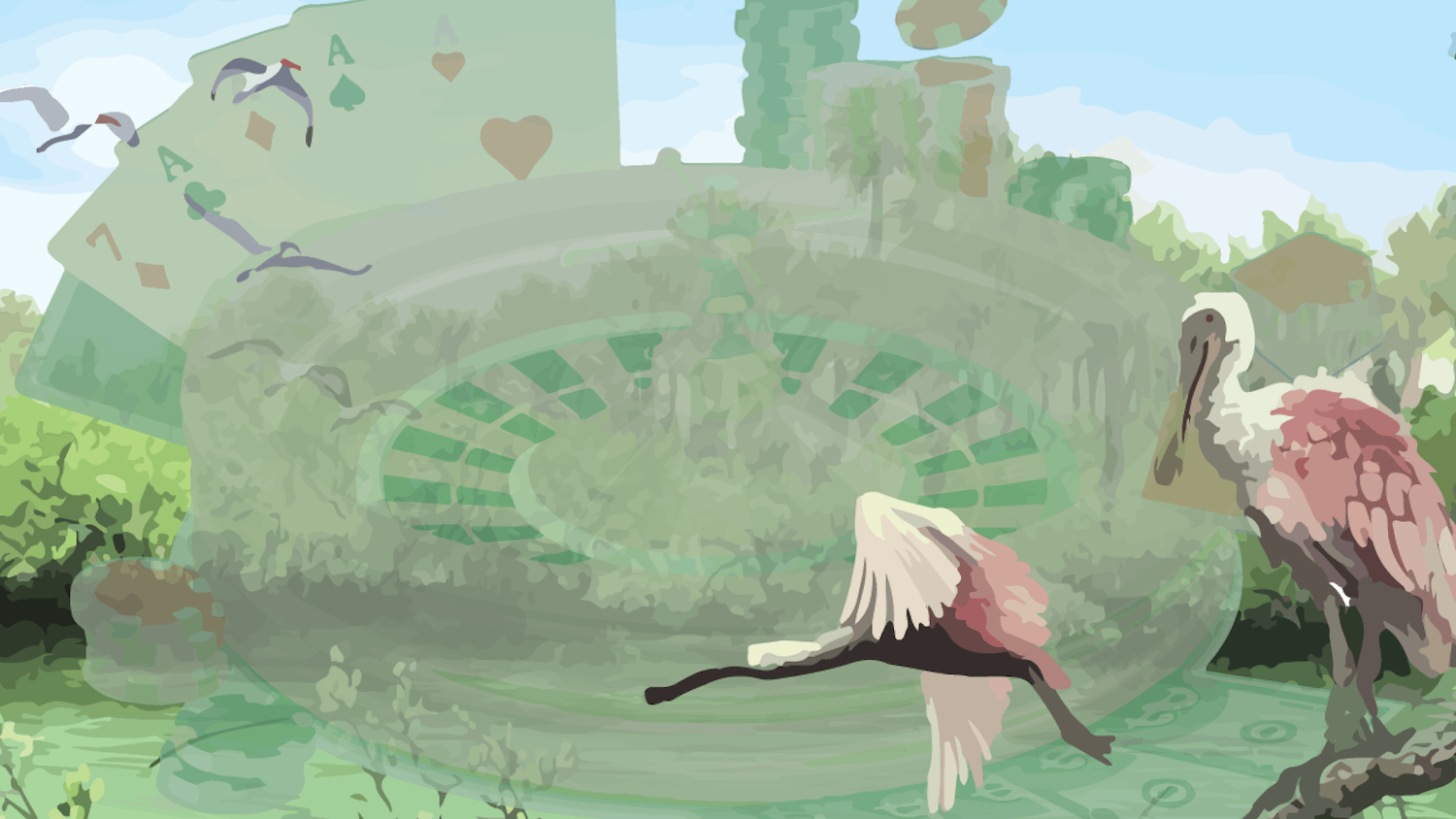Florida college students are twice as likely as the general population to become compulsive gamblers, according to a new study.
The study, which was conducted by the Florida Council for Compulsive Gambling, gathered data from seven Florida universities.
The council recommended that universities implement programs to help students who may have a gambling problem.
The UF Counseling and Wellness Center does not currently offer any services specifically dedicated to gambling problems, nor have they been contacted about establishing such a program, according to Dr. Shari Robinson, assistant director of outreach and confrontation.
“Clinically, if we were seeing a lot of this, we would need to offer a group or look into a program,” Robinson said.
“As a staff, we have not come together and seen where it would be needed.”
The proposed program, called Students Against Gambling Addiction, would ask university health and wellness officials to set up help lines, warning posters and support groups.
Robinson said the wellness center would be interested in learning more about such a program.
And while she has seen a few gambling addictions in her own cases, she could not comment on the university at large.
“I’m sure out of the 44 counselors we have, people are working with students who have gambling problems,” Robinson said.
“It’s safe to say that, but the prevalence of it I couldn’t tell you.”
According to Pat Fowler, executive director for the Florida Council on Compulsive Gambling, the study found that young men who play online poker too frequently are the biggest concern.
But gambling addictions can also come from a variety of sources, including common pastimes such as fantasy football, according to Fowler.
The newfound freedom and independence of college life gives students the opportunity to play as much as they desire.
“College-age students are simply at a point in life where they are exploring and experiencing a number of risk-taking behaviors,” Fowler said. “Gambling is just another one of those risk-taking behaviors.”





